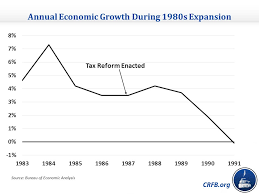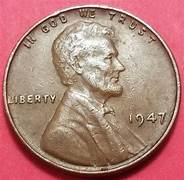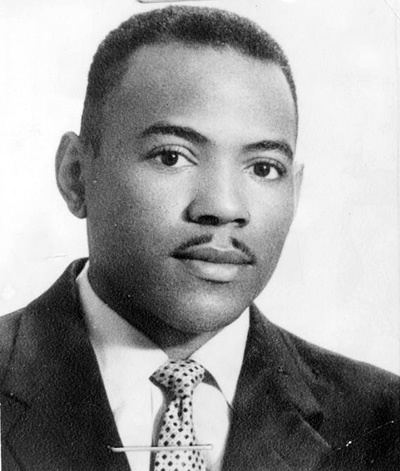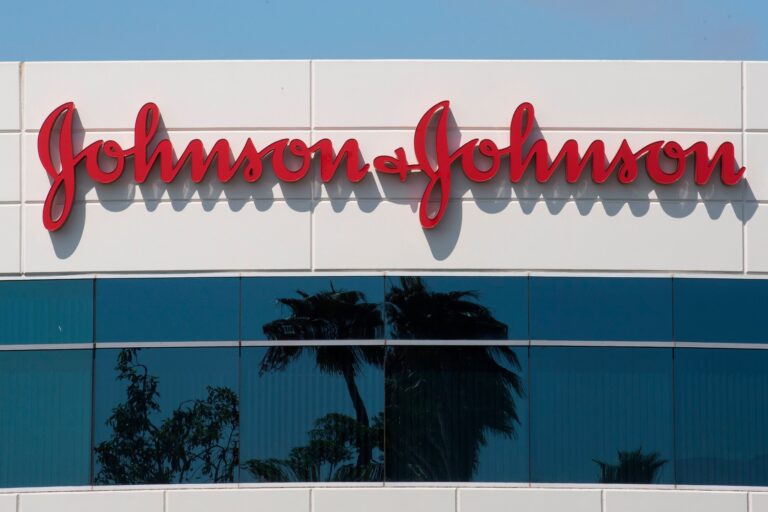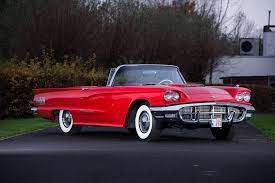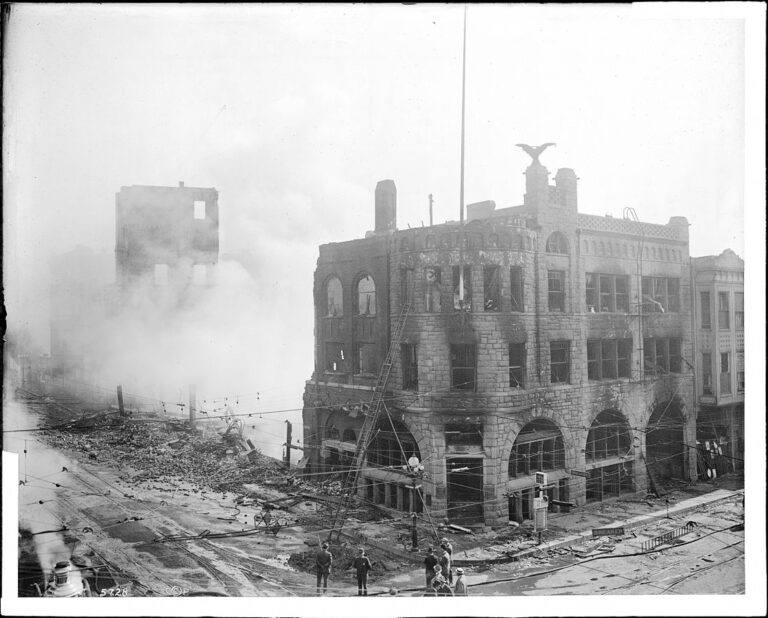On September 12, 1980, the city of Detroit, located in the state of Michigan, was grappling with a range of economic and social challenges. The once-thriving industrial hub and the birthplace of the American automotive industry was facing a period of decline and urban decay. This significant date serves as a snapshot of the struggles and resilience of the city during that time.
In the early 20th century, Detroit had been a symbol of American prosperity and innovation. It was home to major automobile manufacturers like General Motors, Ford, and Chrysler, attracting workers from all over the country and fueling the growth of the middle class. However, by the late 1970s and early 1980s, Detroit began to experience a decline in its manufacturing sector, leading to a rise in unemployment and a subsequent population exodus.
On September 12, 1980, Detroit was grappling with the effects of deindustrialization and economic recession. The city's once-vibrant neighborhoods were marred by abandoned buildings, high crime rates, and a struggling education system. The decline in the automotive industry had a ripple effect on the local economy, leading to job losses, poverty, and a decrease in tax revenue.
During this period, the city faced other challenges as well. Racial tensions were high, and Detroit had experienced a series of race riots in the late 1960s, which had further strained community relations. These issues, combined with the economic decline, created a sense of despair and frustration among the city's residents.
However, amidst the challenges, there were also signs of hope and resilience. Community organizations, activists, and local leaders were working tirelessly to address the city's issues and revitalize its neighborhoods. Efforts were made to attract new industries and diversify the economy, with a focus on technology, healthcare, and education.
In the years following September 12, 1980, Detroit embarked on a slow and gradual path towards revitalization. The city's downtown area underwent significant redevelopment, with the construction of new office buildings, entertainment venues, and sports stadiums. Efforts were made to improve public transportation, infrastructure, and public services.
In recent years, Detroit has experienced a resurgence, fueled by a renewed sense of pride and determination. The city has become a hub for entrepreneurship and innovation, with a growing tech industry and a thriving arts and culture scene. Efforts have been made to address blight and vacant properties, with initiatives focused on revitalizing neighborhoods and attracting new residents.
While Detroit still faces many challenges, the city has made significant progress in its revitalization journey. The story of September 12, 1980, represents a turning point in the city's history, highlighting the struggles faced by Detroit and the resilience and determination of its residents to rebuild and create a brighter future.
Today, Detroit serves as an example of the power of community engagement, collaboration, and perseverance. It stands as a reminder that even in the face of adversity, cities and their residents can overcome challenges and create a more vibrant and inclusive future.

